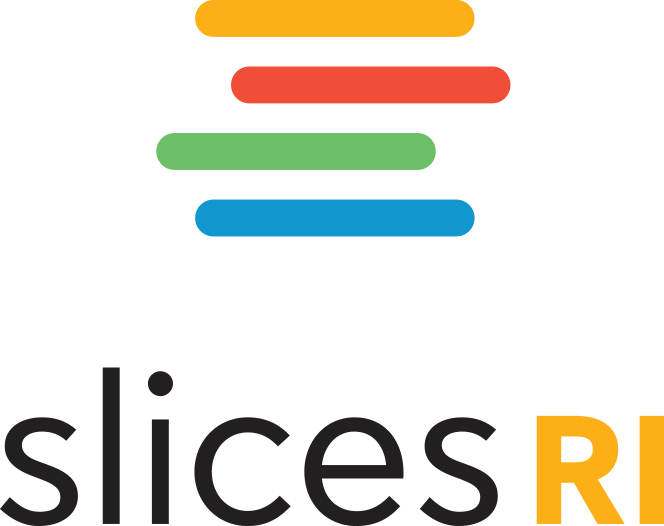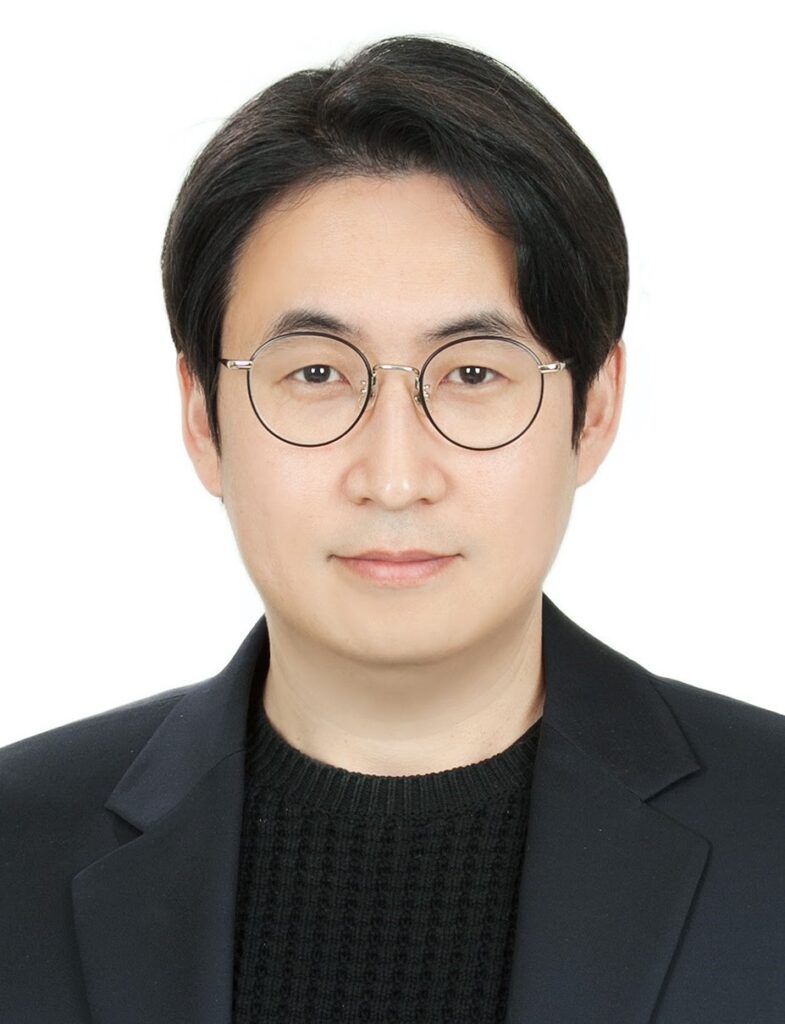
Kyunghan Lee
speaker
Kyunghan Lee is currently an associate professor in the Department of Electrical and Computer Engineering at Seoul National University. He received his B.S., M.S., and Ph.D. degrees in Electrical Engineering from KAIST (Korea Advanced Institute of Science and Technology), Daejeon, Korea, in 2002, 2004, and 2009, respectively. He is serving as an Editor for IEEE/ACM Transactions on Networking, IEEE Transactions on Vehicular Technology, Computer Networks (Elsevier), and ICT Express. He is also serving as a General co-Chair of ACM MobiHoc 2022. He is a Next-generation Member of KAST (Y-KAST). His research interests include low-latency networking for 5G/6G, mobile machine learning, deep learning for image/video/data encoding, split computing, low-power computing, mobile systems for augmented/mixed reality, and human context modeling. Prior to joining Seoul National University, he had been with the school of ECE at UNIST (Ulsan National Institute of Science and Technology) as an assistant professor and a tenured associate professor from 2012 to 2020; and had been with the Department of Computer Science, North Carolina State University as a senior research scholar from 2010 to 2012.
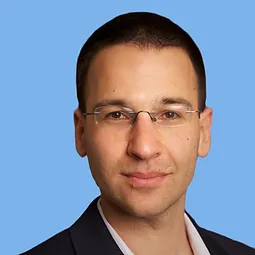
Michael Schapira
speaker
I’m a professor of Computer Science at the Hebrew University of Jerusalem, where I co-lead the Fraunhofer Cybersecurity Center. I am also the co-founder and chief scientist of Compira Labs. My goal is to design practical (Inter)network architectures and protocols with provable guarantees (in terms of performance, security, incentive compatibility, and beyond).
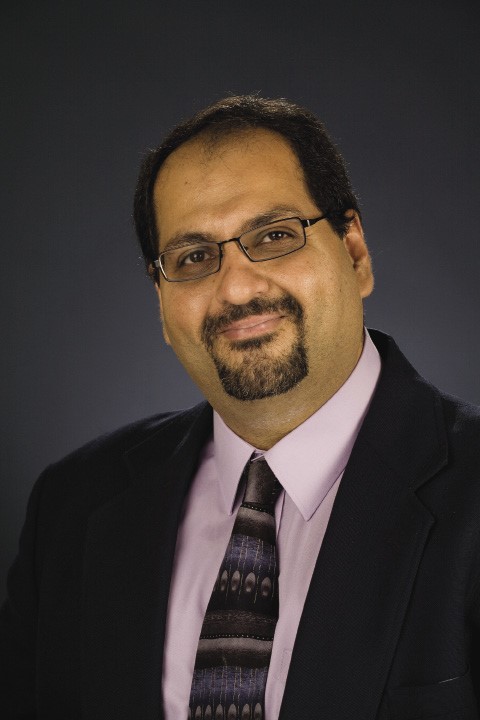
Ness Shroff
speaker
Ness B. Shroff received his Ph.D. degree from Columbia University, NY in 1994 and joined Purdue university immediately thereafter as an Assistant Professor. At Purdue, he became Professor of the school of Electrical and Computer Engineering and director of CWSA in 2004, a university-wide center on wireless systems and applications. In July 2007, he joined the ECE and CSE departments at The Ohio State University, where he holds the Ohio Eminent Scholar Chaired Professorship of Networking and Communications. From 2009-2012, he also served as a Guest Chaired professor of Wireless Communications at Tsinghua University, Beijing, China, and an Honorary Guest Professor at Shanghai Jiatong University. He currently holds a visiting position at the Indian Institute of Technology, Bombay. He currently serves as the Principal Investigator and Institute Director of the NSF AI Institute on Future Edge Networks and Distributed Intelligence (ai-edge.osu.edu).
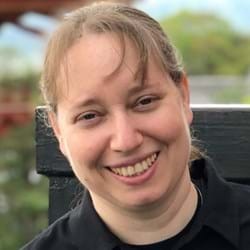
Noa Zilberman
speaker
Prof Noa Zilberman leads the Computing Infrastructure Group at the Department of Engineering Science. Her research focuses on the integration of micro-level architectures and macro level, large scale networked-systems. Zilberman’s research interests range from computer architecture, programmable hardware and networking to data science, with a specific interest in the combination of multiple disciplines (and a touch of measurements). Current research interests include sustainable computing infrastructure, data systems, networked-systems architectures, in-network computing and in-network machine learning, performance measurements, and others. Before joining Oxford, Prof Zilberman was a Fellow and an Affiliated Lecturer at the University of Cambridge’ Department of Computer Science and Technology. Prof Zilberman has over 15 years of industrial experience. In her last role before moving to academia, she was a Senior Principal chip architect in Broadcom’s Network Switching group.
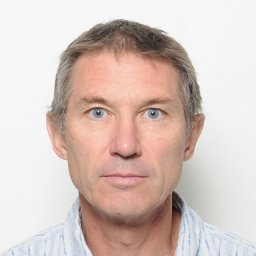
Christophe Diot
organizer
Christophe Diot received a Ph.D. degree in Computer Science from INP Grenoble in 1991. Diot pioneered diffserv, single source multicast, epidemic communication, peer-to-peer online games, and most importantly Internet measurements. After INRIA (years 93-98 in Sophia Antipolis), Diot spent his career in industry, building R&D labs at Sprint (Bay area), INTEL Research (Cambridge), and Technicolor (Paris and Palo Alto). He was the Chief Scientist at Technicolor between 2009 and 2015. He helped launch Safran Analytics as their CTO before joining GOOGLE in june 2018 as Principal Engineer in the Network Architecture team. At GOOGLE, Diot deals with telemetry at scale in the cloud infrastructure. Since January 2020, Diot is the Technical Lead of the Network Analytics team in the Google Global Networks organization. Diot has around 40 patents and more than 300 publications in major conferences and journals. He is an ACM fellow.
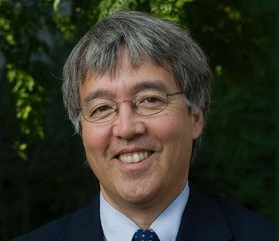
Jim Kurose
organizer
Jim Kurose is a Distinguished University Professor in the College of Information and Computer Sciences at the University of Massachusetts Amherst, where he has been on the faculty since receiving his PhD in computer science from Columbia University. He received a BA in physics from Wesleyan University. He has held a number of visiting scientist positions in the US and abroad, including the Sorbonne University, the University of Paris, INRIA and IBM Research. His research interests include computer network architecture and protocols, network measurement, sensor networks, and multimedia communication. He is proud to have mentored and taught an amazing group of students, and to have received a number of awards for his research, teaching and service, including the IEEE Infocom Award, the ACM SIGCOMM Lifetime Achievement Award, the ACM Sigcomm Test of Time Award, and the IEEE Computer Society Taylor Booth Education Medal. With Keith Ross, he is the co-author of the best-selling textbook, Computer Networking: a Top Down Approach (Pearson), now in its 8th edition. He is a member of the National Academy of Engineering and a Fellow of the ACM and the IEEE.
From January 2015 to September 2019, Jim was on leave, serving as Assistant Director at the US National Science Foundation, where he led the Directorate of Computer and Information Science and Engineering (CISE). With an annual budget of nearly $1B, CISE’s mission is to uphold the nation’s leadership in scientific discovery and engineering innovation through its support of fundamental research in computer and information science and engineering and transformative advances in cyberinfrastructure. Here is a blogpost on his NSF work. While at NSF, he also served as co-chair of the Networking and Information Technology Research and Development Subcommittee (NITRD) of the National Science and Technology Council Committee on Technology, facilitating the coordination of networking and information technology research and development efforts across Federal agencies. In 2018, Jim also served as the Assistant Director for Artificial Intelligence in the White House Office of Science and Technology Policy (OSTP).

